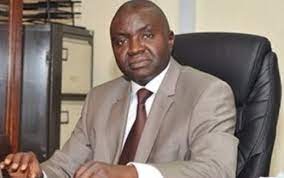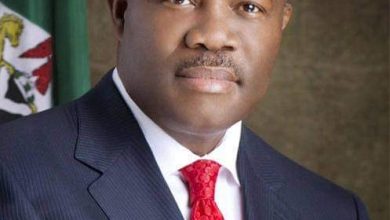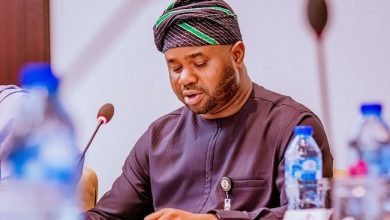Inflation Remains a Major Driver of Poverty in Nigeria – Muda Yusuf

Nigeria’s high inflation rate of 17.75% and 21.83% (Food inflation), has been identified as a major driver of poverty in the country and needs to be addressed through coordination of fiscal and monetary policies.
Dr. Muda Yusuf an economist and former Director-General of the Lagos Chamber of Commerce and Industry, LCCI made this point in the conversation on “Nigeria’s Inflation Trend and the Implications for Households”.
He highlighted the fact that the current inflation situation in the country, has compounded the issues of high poverty, high unemployment, and the weak purchasing power of the citizens.
According to Yusuf “inflation is the major accelerator of poverty in Nigeria because it reduces the purchasing power of the citizens. It also reduces the real income and when we are faced with a situation that can be described as “Stagflation” it means nominal incomes are reducing”.
Speaking further he stated that inflation also has adverse effects on the mortality of businesses because as prices gallop not many businesses would be able to survive, regardless of sectors.
He added, “With the increase in the prices of goods and services, profit margins for businesses will be eroded because it is not in all cases that producers can transfer the additional cost to consumers”.
In terms of inflation drivers, Dr. Yusuf highlighted the following key issues:
Cost-Push Factor; increase in energy tariffs, high transportation costs (driver of food inflation), logistics issues (Ports, Rail, ), high import tariffs on raw materials and intermediate products, and exchange rate depreciation.
Supply chain disruptions; insecurity issues, Port Issues, Exclusion of some industries from FX access, Liquidity crisis in the FX market, Trade policy issues and Weak productivity in the economy.
The monetization of fiscal deficit: fiscal deficit financing by the CBN is inflationary and increases the money supply.
The former DG of the LCCI believed that an alignment between fiscal and monetary policy was critical to addressing the issues of costs and supply chain disruptions in the country.
With the two-day 280th Monetary Policy Committee meeting (MPC) of the Central Bank of Nigeria beginning today, the economist called on the CBN to take into consideration the issues around the high inflation rate in the country.
He stressed that for Nigeria to achieve the lifting of over 100m people from poverty, the drivers of a high inflation rate must be addressed frontally.






